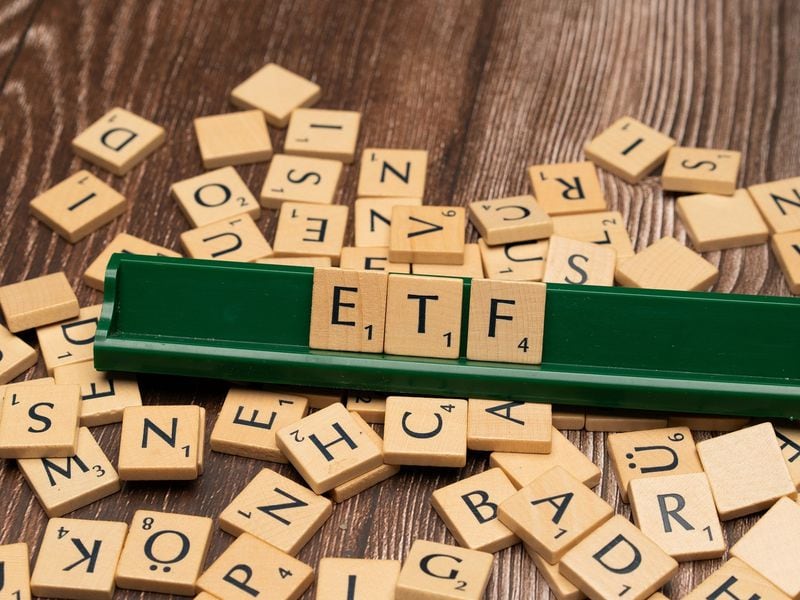Matic Network Now ‘Polygon’ as Platform Targets Ethereum’s L2 Woes
Polygon is building a Layer 2 aggregator for sidechains, rollups and even whole blockchains in a bid to fix Ethereum’s transaction limitations.

Matic Network Now ‘Polygon’ as Platform Targets Ethereum’s L2 Woes
Ethereum startup Matic Network is rebranding to Polygon as it goes all-in on further Ethereum Layer 2 scaling solutions.
The India-based firm is pivoting toward addressing Ethereum’s throughput problem with a forthcoming Layer 2 aggregation SDK that can host multiple technologies at once, according to a blog post shared with CoinDesk.
The startup currently administers a proof-of-stake (PoS) Ethereum sidechain using the Plasma framework – a now out of favor Layer 2 solution that will continue to be hosted. Version 1 of the software development kit (SDK) for Layer 2 aggregation will be ready in March, Polygon co-founder Sandeep Nailwal said in a Telegram message.
“Polygon will support multiple layer 2 solutions such as Optimistic Rollups (OR), zkRollups (ZKR), and Validium, effectively making it an L2 aggregator,” the blog reads. “This approach, implemented via Polygon’s modular SDK, will enable projects to select the scaling solution that best suits their needs rather than being bound by any one option.”
Ethereum fees pushing Layer 2 solutions
Polygon’s rebrand and new roadmap comes at a time of increased stress on the Ethereum main network which has been suffering historic fee rates. For example, the average Ethereum transaction fee broke above $20 per transfer for the first time ever last week. Many Ethereum-based dapps are scrambling to find Layer 2 solutions and have often turned to various forms of rollups like ZKR or OR.
Rollups are a throughput technology for verifying transactions off-chain that are then re-published on-chain. They have been the preferred solution to Ethereum’s scaling woes, as Vitalik Buterin expressed in this fall blog post.
Polygon will also be able to launch whole blockchains, similar to Parity Technologies’ Substrate. Blockchains launched on Polygon inherit the security assumptions of the underlying Ethereum blockchain, just as Substrate-based chains can plug into Polkadot’s ecosystem to gain security, Polygon core developer Mihailo Bjelic said in a phone interview.
“The Polygon SDK is built to accommodate [and] aggregate all such kinds of solutions, rollups being one of them. Currently the Polygon SDK will enable creation of standalone chains like Polkadot’s substrate,” Nailwal said.









